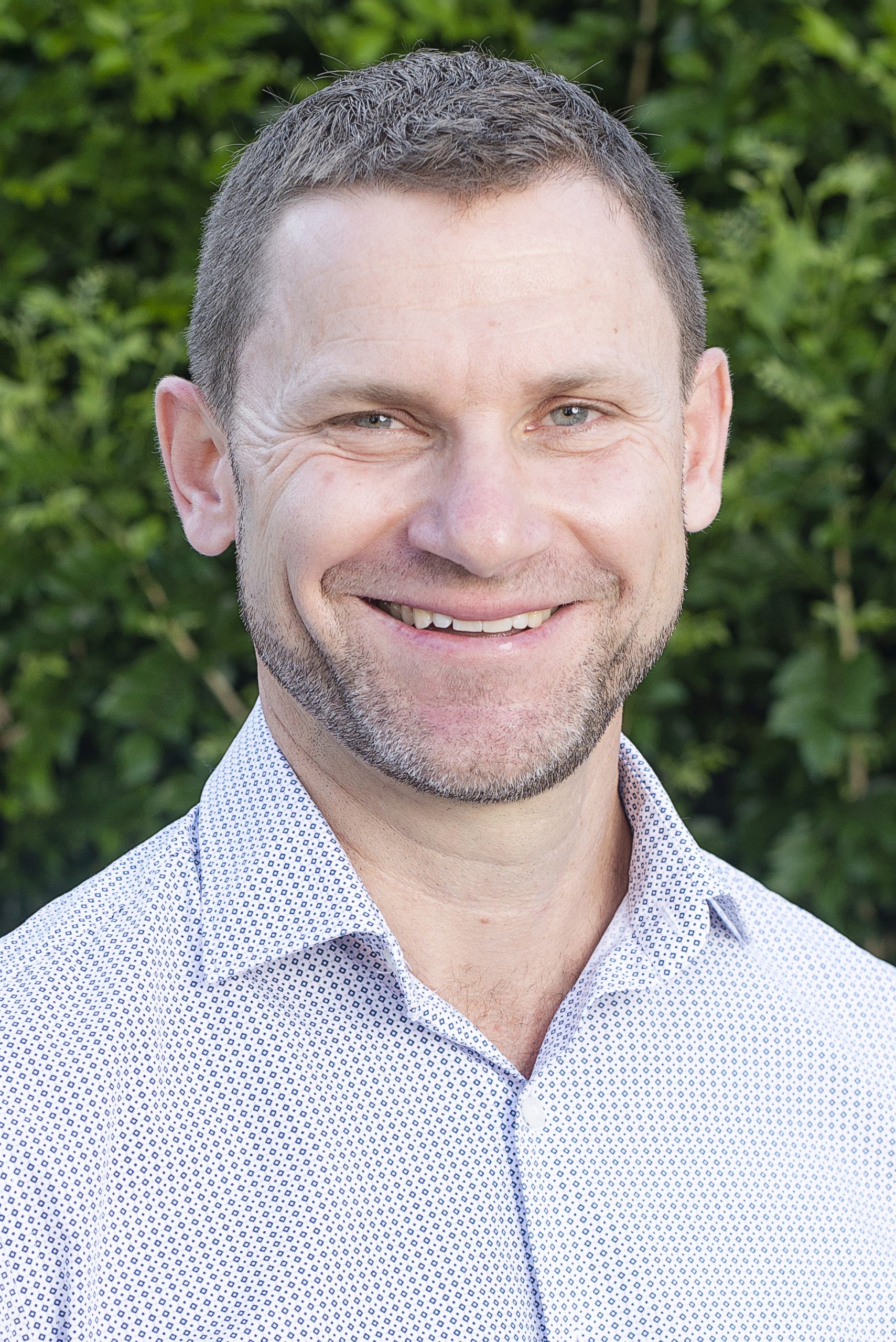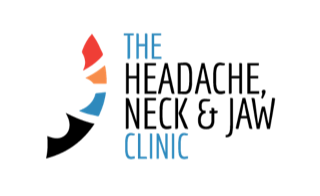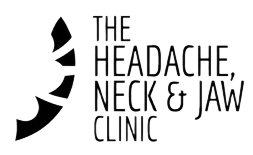A concussion is a type of mild traumatic brain injury (TBI) that occurs when the brain experiences a sudden and forceful jolt or impact, typically due to a blow to the head, a violent shaking of the head and upper body, or a rapid deceleration of the head. Concussions can result from various incidents, including sports-related injuries, car accidents, falls, or any situation where there is a significant head trauma.
Key characteristics of a concussion include:
Temporary Alteration of Brain Function
Concussions temporarily disrupt the normal functioning of the brain. This can lead to a range of symptoms, which may affect an individual’s cognitive, physical, emotional, and sensory abilities.
Lack of Structural Damage
Unlike more severe traumatic brain injuries, such as contusions or bleeding in the brain, concussions typically do not show up on imaging tests like CT scans or MRIs. This is because there is no structural damage to the brain. Instead, the injury is functional in nature.
Variability of Symptoms
Concussion symptoms can vary widely among individuals. Common symptoms include headache, dizziness, confusion, memory problems, nausea, and changes in mood. Some individuals may lose consciousness, while others do not.
Potential for Delayed Symptoms
Concussion symptoms may not always appear immediately after the injury. In some cases, symptoms can manifest hours or even days later.
Recovery
The majority of individuals with concussions recover fully with appropriate rest and care. However, it’s important to manage concussions properly, as repeated concussions can lead to long-term complications and a condition known as chronic traumatic encephalopathy (CTE).
Concussions should be taken seriously, and individuals who experience a head injury should seek prompt medical evaluation. Proper management, including rest and symptom monitoring, is essential to ensure a safe and smooth recovery and reduce the risk of further injury. It’s important to note that every concussion is unique, and recovery times can vary from person to person. If in doubt, consulting with a healthcare professional is always advisable.
Expected Concussion Recovery Time
The expected recovery time for a concussion varies widely among individuals. Concussion recovery is individual and depends on several factors, including the severity of the injury, the individual’s age, overall health, and whether they receive appropriate care and management. In most cases, the majority of individuals with concussions recover fully with time and proper care. Here are some general guidelines for concussion recovery:
Initial Recovery
Most concussion symptoms typically improve within the first two weeks following the injury. During this period, rest and avoidance of activities that worsen symptoms are crucial. Most individuals are considered fully recovered if they have no signs and symptoms at the 4-to-6-week mark. Children and adolescents may take slightly longer.
Post-Concussion Syndrome
 In some cases, individuals may experience lingering symptoms beyond the expected 4-to-6-week recovery period. This condition is known as Post-Concussion Syndrome (PCS). PCS symptoms can persist for several months and require more specialised care. Symptoms enduring for longer than 6 weeks indicate a full musculoskeletal assessment, with a strong focus on your neck, should be performed by a physiotherapist with experience in post concussion treatment.
In some cases, individuals may experience lingering symptoms beyond the expected 4-to-6-week recovery period. This condition is known as Post-Concussion Syndrome (PCS). PCS symptoms can persist for several months and require more specialised care. Symptoms enduring for longer than 6 weeks indicate a full musculoskeletal assessment, with a strong focus on your neck, should be performed by a physiotherapist with experience in post concussion treatment.
Gradual Return to Activity
Once symptoms have improved and individuals receive medical clearance, they can gradually return to physical and cognitive activities. This process, known as a “return-to-play” or “return-to-learn” protocol, is typically overseen by a healthcare professional and ensures that individuals do not risk re-injury. There are certain criteria that need to be strictly followed regarding return to exercise, mainly subthreshold exercise must not exacerbate any of your concussion symptoms.
It’s essential to note that no two concussions are exactly the same, and recovery times can vary significantly. Some individuals may recover more quickly, while others may require a more extended period of care and rest. Rushing the recovery process can lead to complications and potentially prolong the symptoms.
Overall, the key to managing concussion recovery is patience, appropriate rest, symptom monitoring, and guidance from healthcare professionals. It’s essential to communicate openly with a healthcare provider, follow their recommendations, and not rush back into activities that could risk symptom exacerbation or re-injury. Proper management and understanding of the individual’s unique recovery timeline are vital for a successful and complete recovery.
For an expert assessment and treatment of Post-Concussion Syndrome (PCS), book an appointment with the Headache Neck and Jaw Clinic today.

Scott Cook, a highly respected physiotherapist and co-founder of The Headache, Neck & Jaw Clinic, specialises in treating headache, neck, and jaw conditions. Scott refined his expertise through extensive training, including advanced certification with the Watson Headache® Institute and a mini residency in TMD and sleep medicine.
He collaborates closely with dental and medical specialists and lectures at prestigious institutions like the University of Queensland and Griffith University. Scott’s dedication is evidenced through his academic contributions, including authoring a chapter on pain referral in a clinical manual on dental and orofacial pain. You can read more about my background, here.

